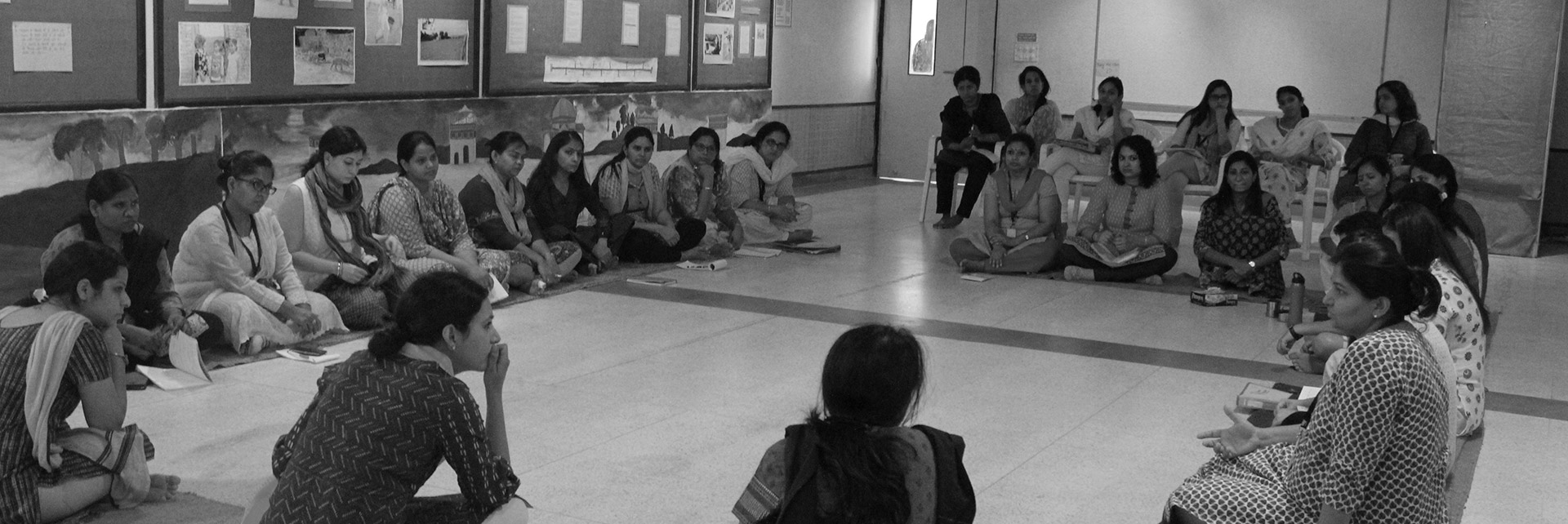
 or call +91-9810236412
or call +91-9810236412
Other than the key differences in structure and approach between the conventional teacher education programmes and the residency model, what really sets this programme apart is the way the practice component is designed. For us, practice is the core of teacher preparation and the classroom is the epicenter for learning.
Residency is unlike a typical internship experience where student teachers are left in any classroom without setting any clear goals and objectives of learning. Here the practice component is designed in such a way that resident teachers will be placed inside carefully selected classrooms with experienced cooperating teachers from the very beginning of the course. Clinical teacher educators who are present in the field will mentor the residents and helps them reflect on their experiences in the classroom. Residents see theory in action and mentors help them process the practice they observe.
There will be a gradual release of responsibility for residents as the course progresses. Starting from observing and understanding children in the initial part to co-creating lesson plans and co-teaching a few segments, residents will eventually assume independent teaching responsibility for larger segments. This will not only provide a sustained classroom experience to aspiring teachers but also help them theorize concepts of teaching and learning based on these experiences. In PGDLT, teachers will spend about 60 percent of their time practicing inside the classroom or doing fieldwork.
Teachers view on the change needed in Teacher Education.


Feel free to schedule a visit to one of our locations:-
Delhi/ NCR - Heritage experiential learning school at Gurgaon
Mumbai – American School of Bombay at Kurla
Attend one of our workshops while taking the right career decision for becoming a teacher
